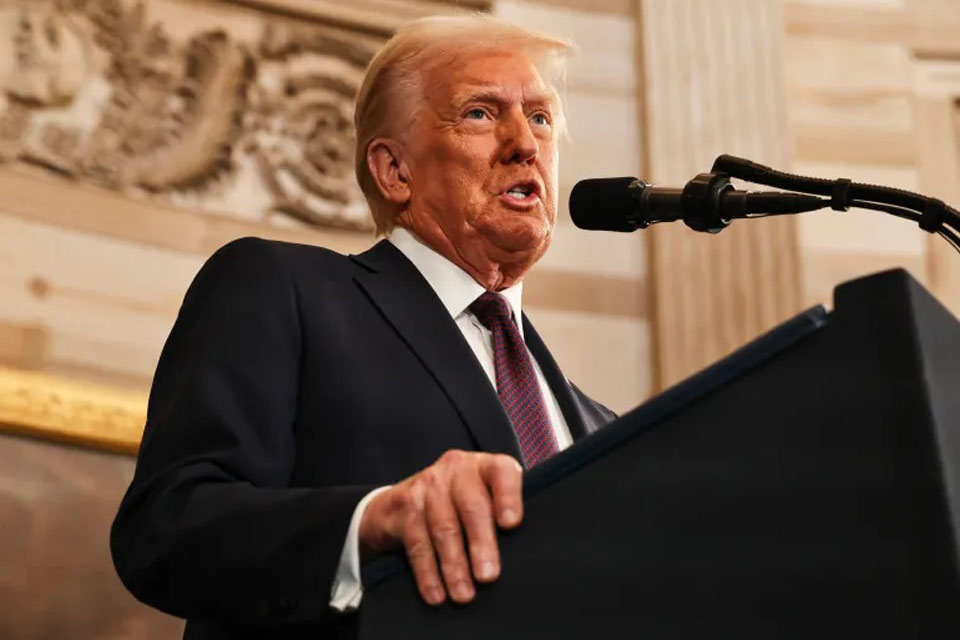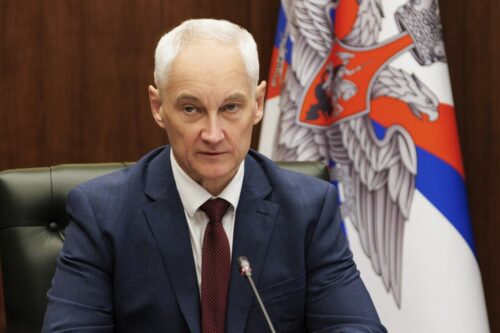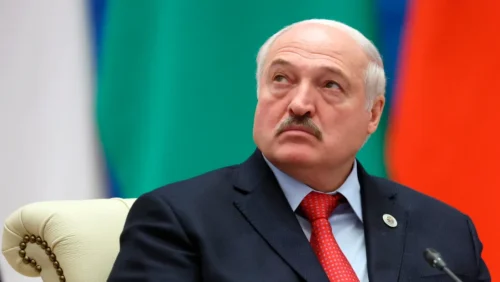
Eurasianet։ The Trump administration’s coming to power does not mean the normalization of US-Azerbaijani relations
Prior to last year’s US presidential election, Azerbaijani leader Ilham Aliyev openly rooted for Donald Trump’s return to the White House. Aliyev may have got what he wanted, but that still likely won’t be enough to ease rancorous US-Azerbaijani diplomatic relations anytime soon, Eurasianet writes.
As noted, Baku earlier this month signaled that a reset of fractured bilateral relations was not in the offing when Azerbaijani Foreign Minister Jeyhun Bayramov announced the US Agency for International Development (USAID) had been barred from conducting activities in Azerbaijan since June 1 of last year. He then criticized US officials for following provisions outlined in Section 907 of the Freedom Support Act, thus preventing Baku from directly receiving any kind of assistance from the US government.
Washington took such action ostensibly to punish Azerbaijan for its actions during the reconquest of Nagorno-Karabakh: Azerbaijani forces gained full control of the territory in late 2023, forcing an estimated 100,000 Armenian residents to flee.
A bill introduced in Congress in early 2024, known as the Armenian Protection Act, specifically sought to “repeal Freedom Support Act section 907 waiver authority with respect to assistance to Azerbaijan.” Although the bill has not been enacted by Congress, the Biden administration had, in effect, adhered to Section 907 penalties on Baku. Soon after the introduction of the Armenian Protection Act, the Azerbaijani government ordered a review of indirect US aid activity in Azerbaijan. That review led to Azerbaijani officials’ questioning the utility of USAID’s presence in the country. A USAID statement asserted that the government’s portrayal of its activities was unfair. “For more than three decades, USAID has worked with the people of Azerbaijan to promote economic opportunity, strengthen local health systems, and engage citizens more actively in public life,” reads the statement. “We are committed to supporting the people of Azerbaijan and working toward regional peace and economic integration.”
Aliyev himself offered pointed criticism of USAID and the Biden administration more broadly, during a December 18 television interview․ Azerbaijan does not appear inclined to soften its current stance even though there is a new administration in Washington. But it may not be much of an issue with Trump, who signed an executive order temporarily suspending all US foreign assistance programs for 90 days pending reviews to determine whether they are aligned with his administration’s policy goals. In an early January interview with Azerbaijani media outlets, Aliyev expressed a desire for better bilateral relations with Washington, noting that during Trump’s first stint in the White House “there was no issue in US-Azerbaijan relations.” He went on to say that “the main mistake of the Biden administration regarding Azerbaijan was that [it] sacrificed US-Azerbaijan relations for US-Armenia relations.” Whether the US stance vis-à-vis Azerbaijan will shift under Trump is uncertain, even though Trump personally has demonstrated a fondness for the strongman-style of leadership pursued by Aliyev. Both Trump and his Secretary of State, Marco Rubio, have voiced strong support for “Armenian Christians.” Rubio has also been a vocal critic of the Aliyev administration’s crackdown on internal political opponents and dissenters.


